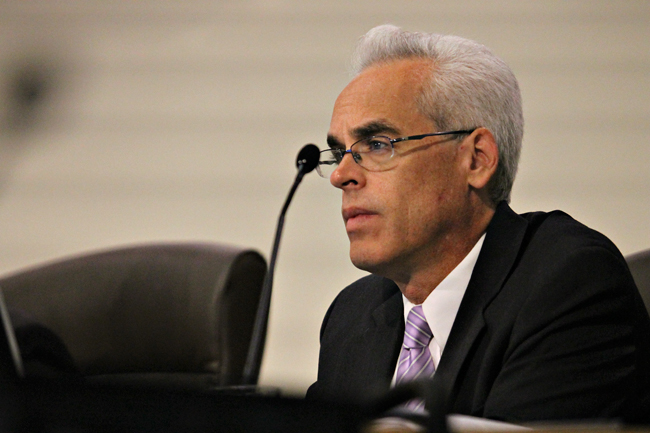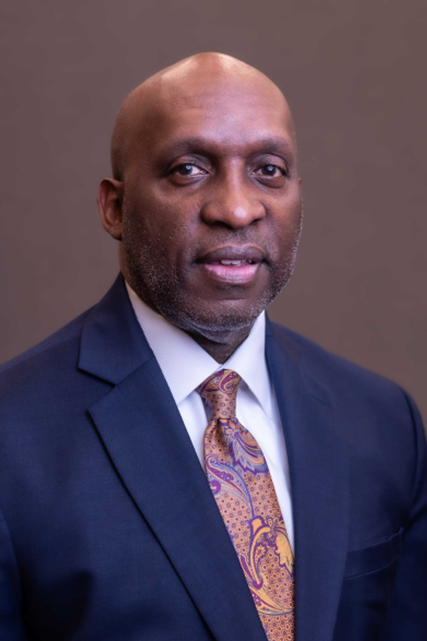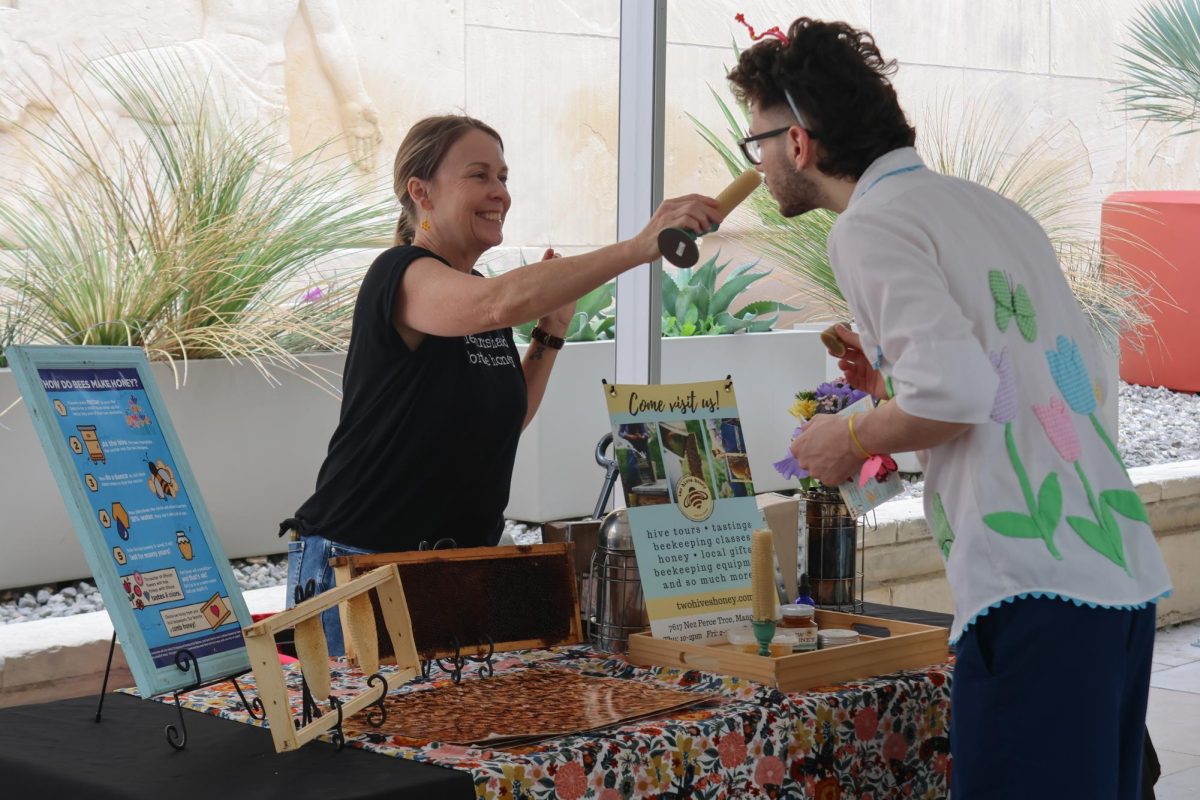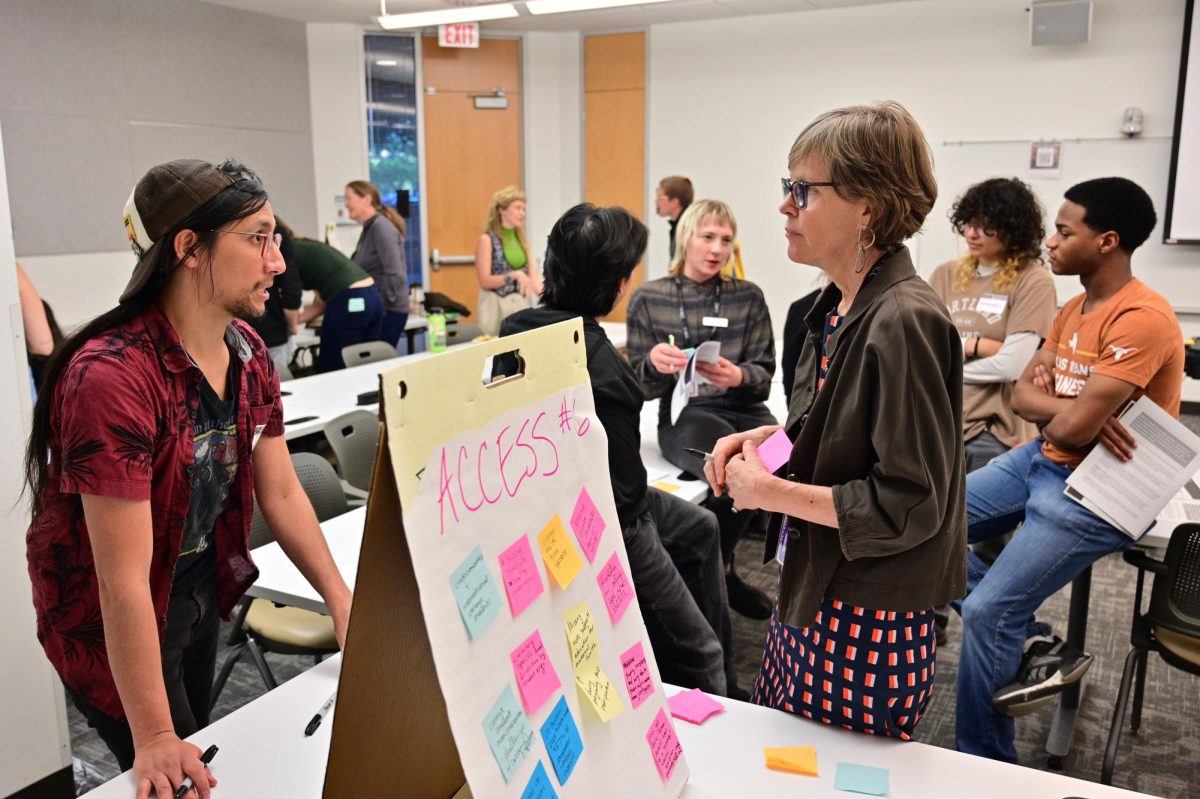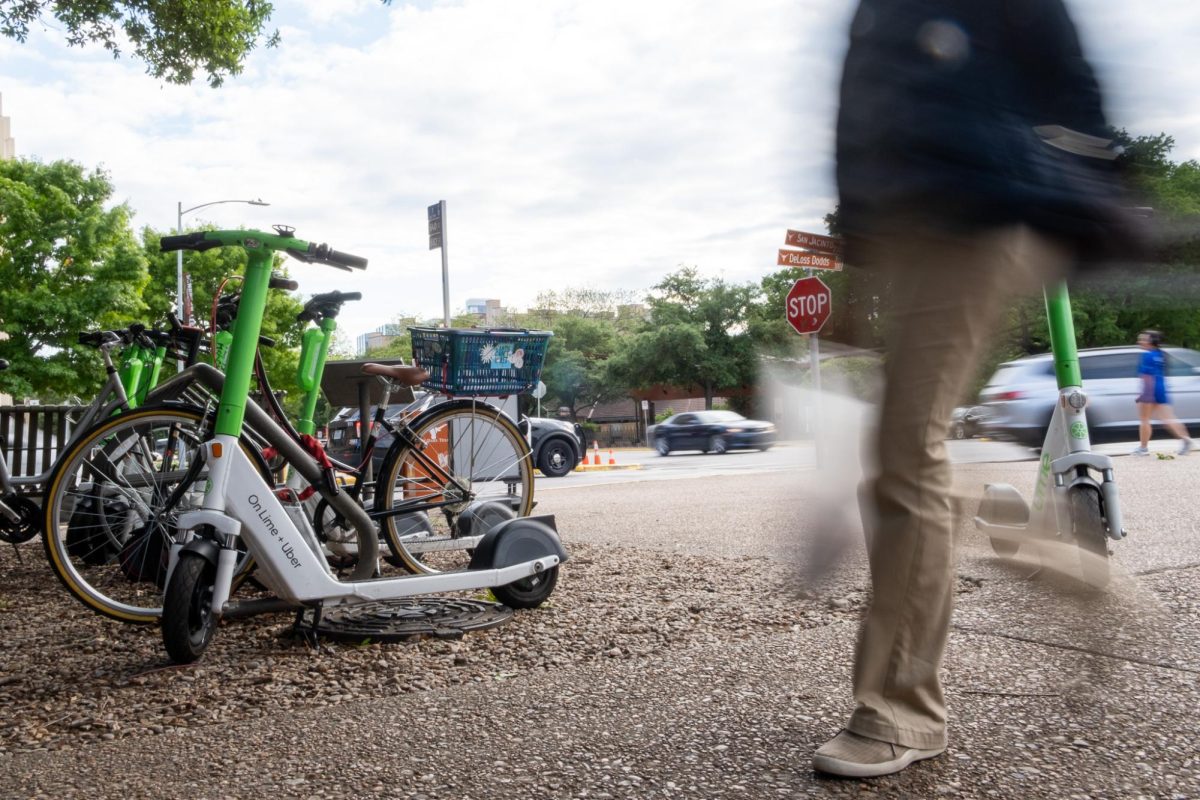The Austin City Council unanimously voted Thursday to further explore the idea of gender-neutral bathrooms and another to ban driving or biking while using a cellphone.
Sponsored by Council Member Chris Riley and co-sponsored by Council Member Bill Spelman and Mayor Pro Tem Sheryl Cole, the resolution aims to keep Austin’s spot as one of the nation’s leading cities in LGBTQ issues by changing all single-occupancy bathrooms to be labeled as “gender-neutral,” according to the council's resolution.
With the resolutiom, City Manager Marc Ott will look at code amendments that would require single-stall restrooms in the city to be labeled “gender-neutral.” Ott will also develop an implementation plan to present to the council by Sept. 25. Ott will first present the code amendments and implementation plan to stakeholders before taking the plan to the council. If the legislation passes, Austin will be the first city in Texas to require gender-neutral bathrooms.
Jennifer McPhail, an ADAPT of Texas member, said she supported the resolution because it also increased access to bathrooms for people with disabilities. According to the website, ADAPT is dedicated to improving the quality of life for disabled citizens.
“We just want to do our business in peace,” McPhail said. “If you don’t have access to the bathroom, then you don’t have very much in the community.”
According to McPhail, people with disabilities are not always the same gender as their attendants and going to the bathroom has caused issues in the past.
Tyler Brown, a Plan II junior and the co-director of Queer Students Alliance at UT, said he thought the resolution should have happened already. Brown, a resident of Carothers Hall, said making single-stall bathrooms gender-neutral only makes sense because unisex bathrooms already exist.
“Each floor [of Carothers] has a gender-inclusive bathroom,” Brown said. “It’s more for guests or parents who come to visit, but, if anyone did feel uncomfortable using other bathrooms, that’s open to them.”
QSA has plans to come up with their own legislation, according to Brown.
Roger Meza, a microbiology junior and QSA co-director, said, while he appreciated the council’s approach of labeling single-stall bathrooms as gender-neutral, he felt that it was not enough.
“Ideally, we would like for new restrooms to be created that have stalls that are not just for single use,” Meza said. “This is not going to feel like a gender-neutral bathroom. They will not be exposed to the opposite sex while going to the bathroom.”
Meza said the purpose of a gender-neutral bathroom was to have a space where anyone could go and feel more comfortable.
“It’s not just a transgender issue,” Meza said. “A woman walks into a restroom and is told, ‘This is a women’s restroom,’ because she looks like a man. She identifies as a woman — is biologically a woman. If you don’t look like a man or a woman, you’re going to be told, ‘You don’t belong here.’”
While there are some unisex bathrooms on campus already, Meza said, with future legislation QSA writes, they will push for more.
“We want to have all of UT to have gender-neutral bathrooms, and the only problem is money,” Meza said. “Hopefully we can pass some legislation about that.”
City Council also decided to prohibit the use of mobile electronic devices while driving, but drivers would still be able to listen to audiobooks and music using their cars’ stereo systems and use their devices hands-free. The ban on driving while using a cellphone strengthens current law, which only prohibits texting. The ban also applies to cyclists as well as drivers.
“We’ve been hearing for a long time now as we continue to improve our bicycle infrastructure that cyclists want to be considered as vehicles in traffic, just like any other vehicle,” Mayor Lee Leffingwell said. “I don’t think it’s good policy to have a set of traffic laws for motorized vehicles, or cars, or trucks and another set of laws for non-motorized vehicles.”
The new cellphone use policy will go into effect on Jan. 1, 2015.



